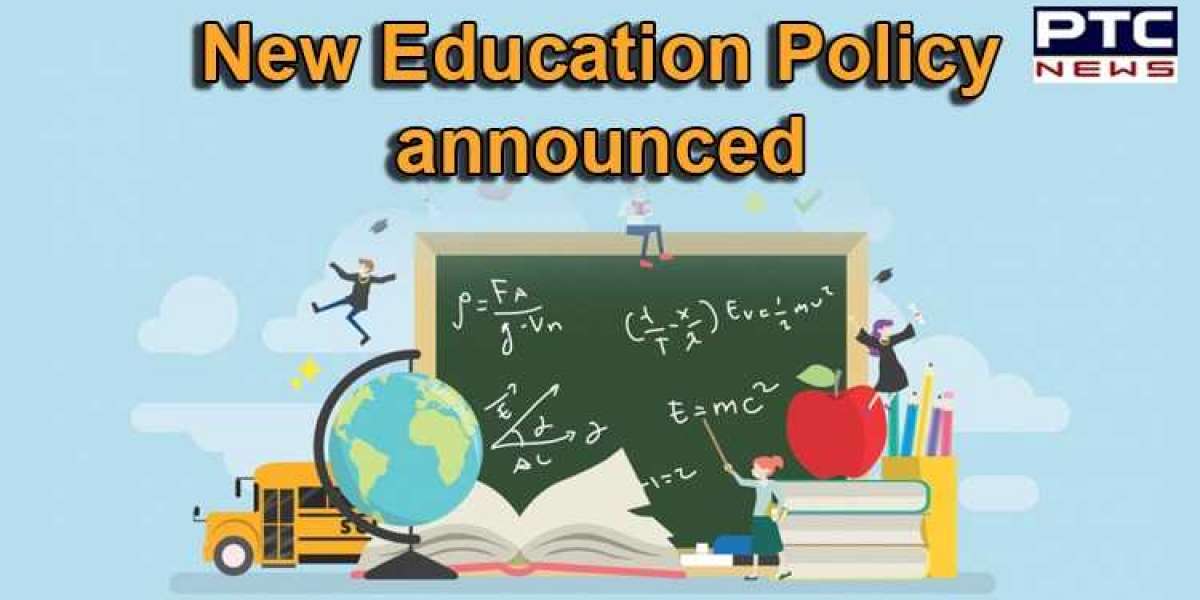A very significant and vast change has occur in the education policy of India. On July 29 2020, The Union Cabinet approved the new education policy (NEP) with an aim to introduce several changes in the Indian education system. It also renamed the HRD ministry as Education Ministry. Union minister Prakash Javadekar said the changes are important as the policy which was framed in 1986 and 1992 had not been revised since then. The NWP 2020 which purposes several structural changes in the early as well as the higher education system has been developed after consultation for nearly five years with stakeholders and the general public. Amit Khare, secretary higher education said that the new policy aims to achieve 100% youth and adult literacy in India he also said that the government aims to increase the public investment in the education sector from 4.3% to reach 6% of GDP at the earliest.
Key changes under the New Education Policy :-
Access to all:- The NEP 2020 has a provision to ensure universal access to education at all levels preschool to secondary. Some of these provision includes infrastructure support, innovative education centres to bring back dropouts into the mainstream, tracking of students and their learning levels, facilitating multiple pathways to learn involving both formal and non formal education modes and association of counselors or well trained social workers with schools.
No hard separation of steams for students :- Students will be given increase flexibility and choices of subjects to study particular in secondary level school including subjects in physical education the art and craft and the vocational skills. There will be no hard separation among curricular extra curricular or co-curricular among arts Humanities and science or between vocational or academic streams.
Experimental learning in all stages:- experimental learning will include hands on learning arts integrated and sports integrated education storytelling based pedagogy among others as standard pedagogy. Classroom transactions will shift towards competency based learning and education.
Curriculum content to be reduced:- curriculum content will be reduced in each subject to its core essentials and make space for critical thinking and more holistic enquiry based Discovery based discussion based and analysis based learning.
Multilingualism and power of language:- The NEP 2020 advocates for mother tongue local language regional language as the medium of instruction at least till grade 5 but preferably till grade 8 and beyond. Sanskrit to be offered at all levels of school and higher education as an option for students including in three language formula. Other classical languages and literatures of India also to be available as option. No language will be imposed on any student several f languages will also be offered at the secondary level.
Multidisciplinary education and research universities, at par with IIT's, IIM's, to be set up as models of best multi-disciplinary education of global standard in the country.
Open and distance learning:- this will be expanded to play a significant role in increasing GER. Measures such as online courses and digital repositories funding for research improve student services credit base recognition of MOOC's etc, will be taken to ensure it is at par with the highest quality in classroom programs.
Online and digital education:- a dedicated unit for building of digital infrastructure digital content and capacity building will be created in the MHRD to look after the e-education needs of both school and higher Education.
Technology in education:- an autonomous body the National Education Technology Forum, will be created to provide a platform for the free exchange of ideas on use of technology to enhance learning assessment planning administration. appropriate integration of technology into all levels of education will be done to improve classroom processes, report teacher professional development, enhanced educational Access for disadvantaged group and steam line educational planning and administration and management.
Professional education:- all professional education will be an integral part of the higher education system. Standalone technical universities, health science universities, legal and agricultural universities etc will aim to become multi-disciplinary institutions.







